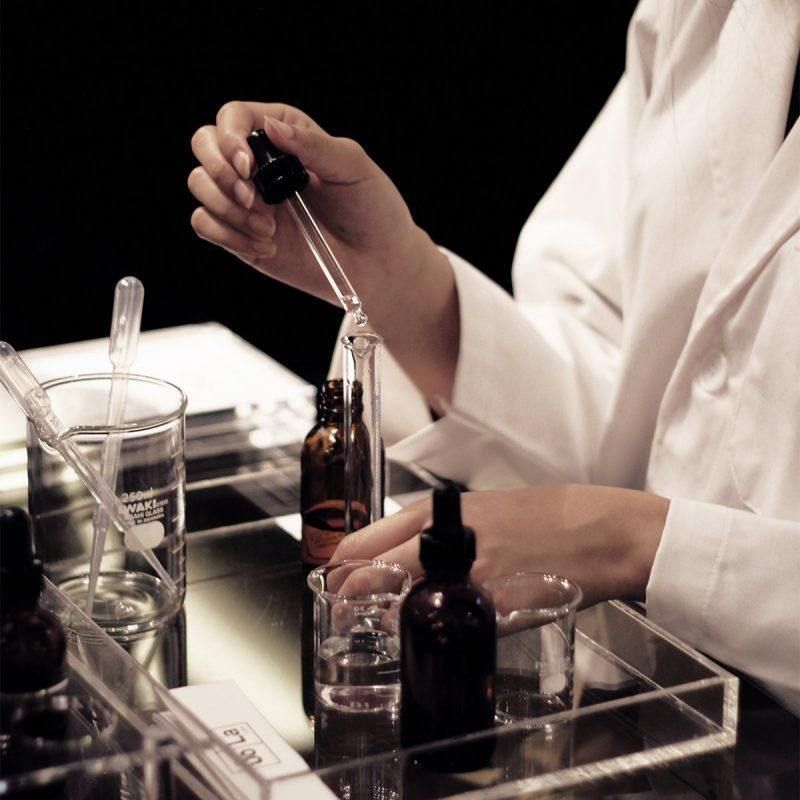From the Ancient Agora to the Modern Mic—The Birth of Free Speech

Long before Twitter feeds and televised town halls, free speech was forged in the dusty courtyards of ancient Greece. In 5th-century BCE Athens, citizens gathered every morning in the Agora to debate war, justice, and philosophy—speaking their minds was woven into civic life. Pericles, addressing funeral mourners in 431 BCE, lauded Athens as “the school of Hellas,” where ideas were sharper than spears. His words remind us that speaking truth to power has always been more than a right; it’s our most potent weapon against tyranny.
Rome, too, saw its share of fearless orators. Cicero risked his life exposing corruption from the Senate floor, while underground pamphleteers circulated biting satires in back-alley forums—long before the presses of Gutenberg would tear down medieval censorship. When, around 1450, movable type arrived, the written word unshackled millions, enabling a debate that spanned borders and classes. It was a revolution in ink that shattered centuries of quiet compliance.
Yet for most of history, speech remained chained by kings and popes. Troubadours sang allegory in dimly lit taverns, their verses carrying coded critiques of distant overlords. Every whispered ballad was an act of rebellion. And though the gates of the censors seemed ironclad, human imagination was always ready with a chink of satirical light.
Inside Oo La Lab, we see a similar moment unfolding—not with letters on a page, but in aroma. Just as the printing press gave voice to the silenced, fragrance liberates our non-verbal expression, opening a realm where every nose can speak its own truth without fear of reproach.
- Tags: Fragrance Education






